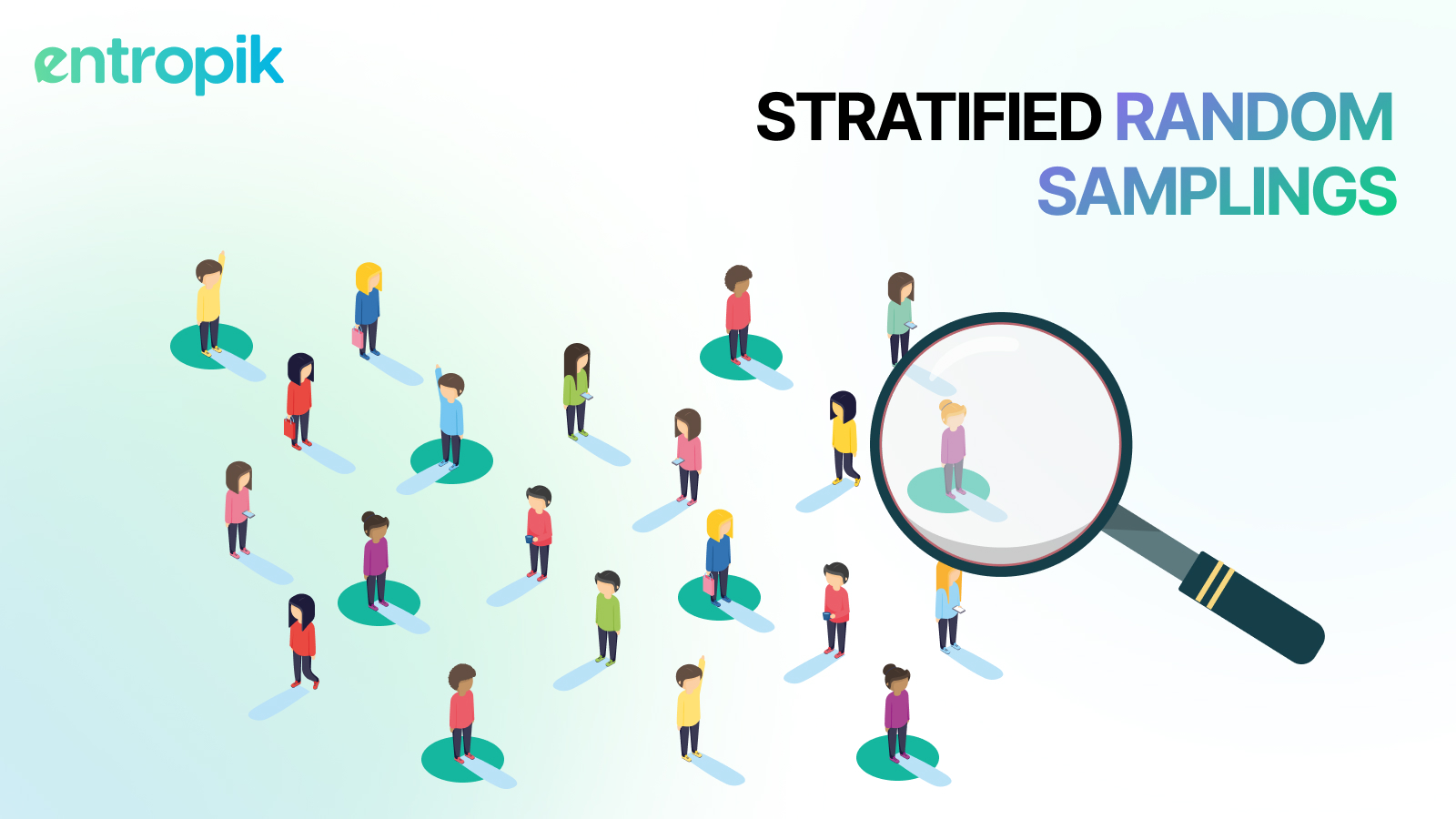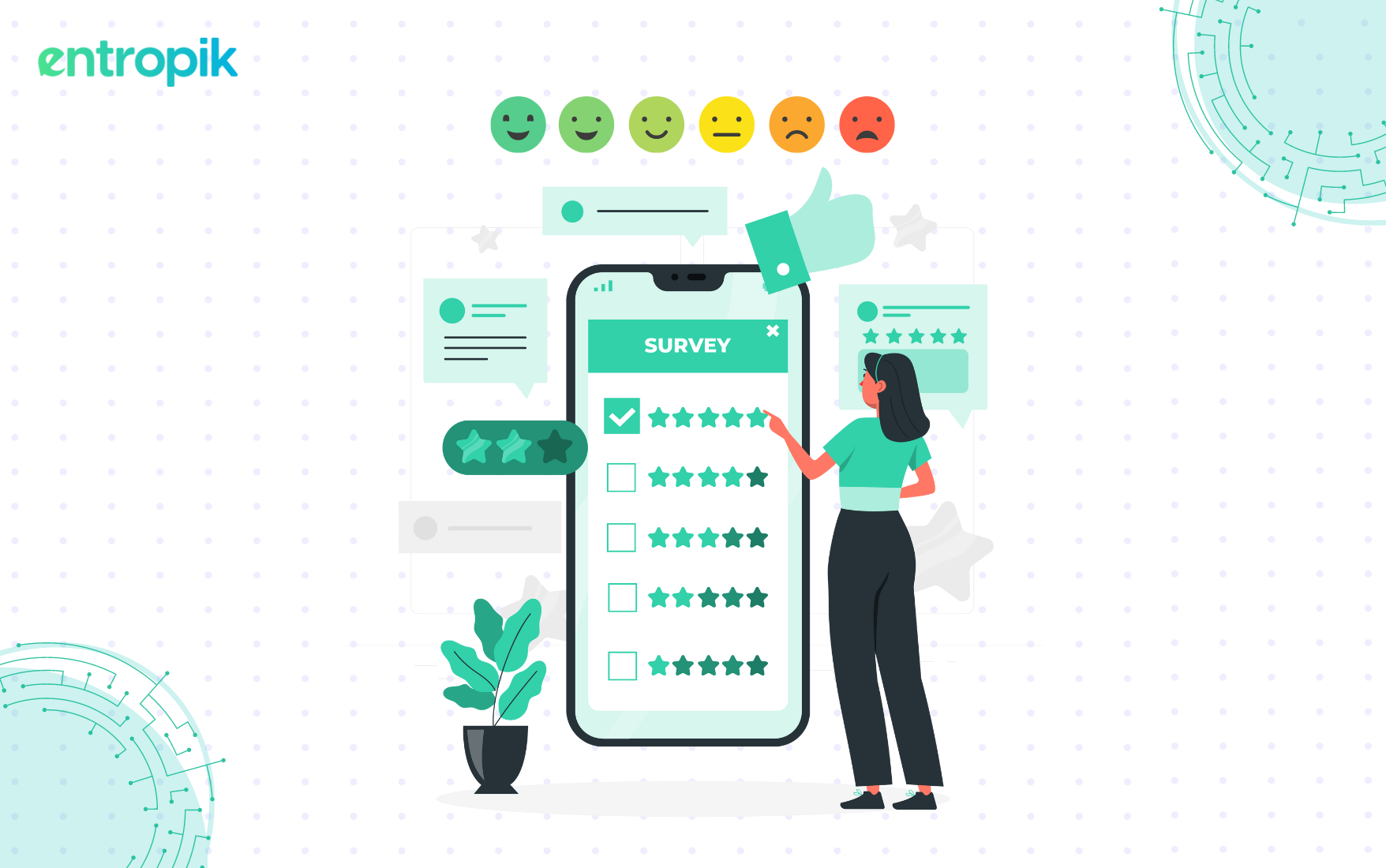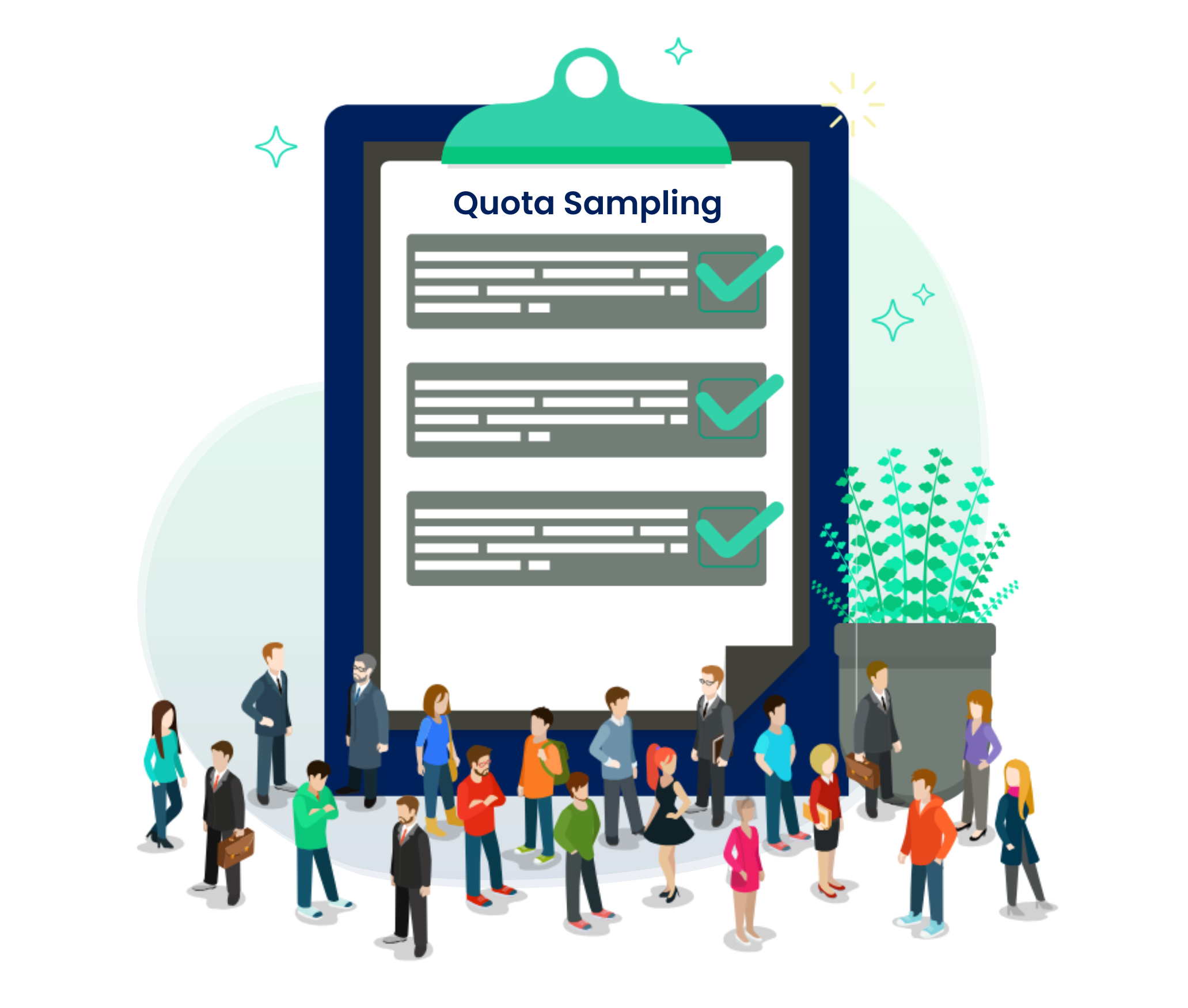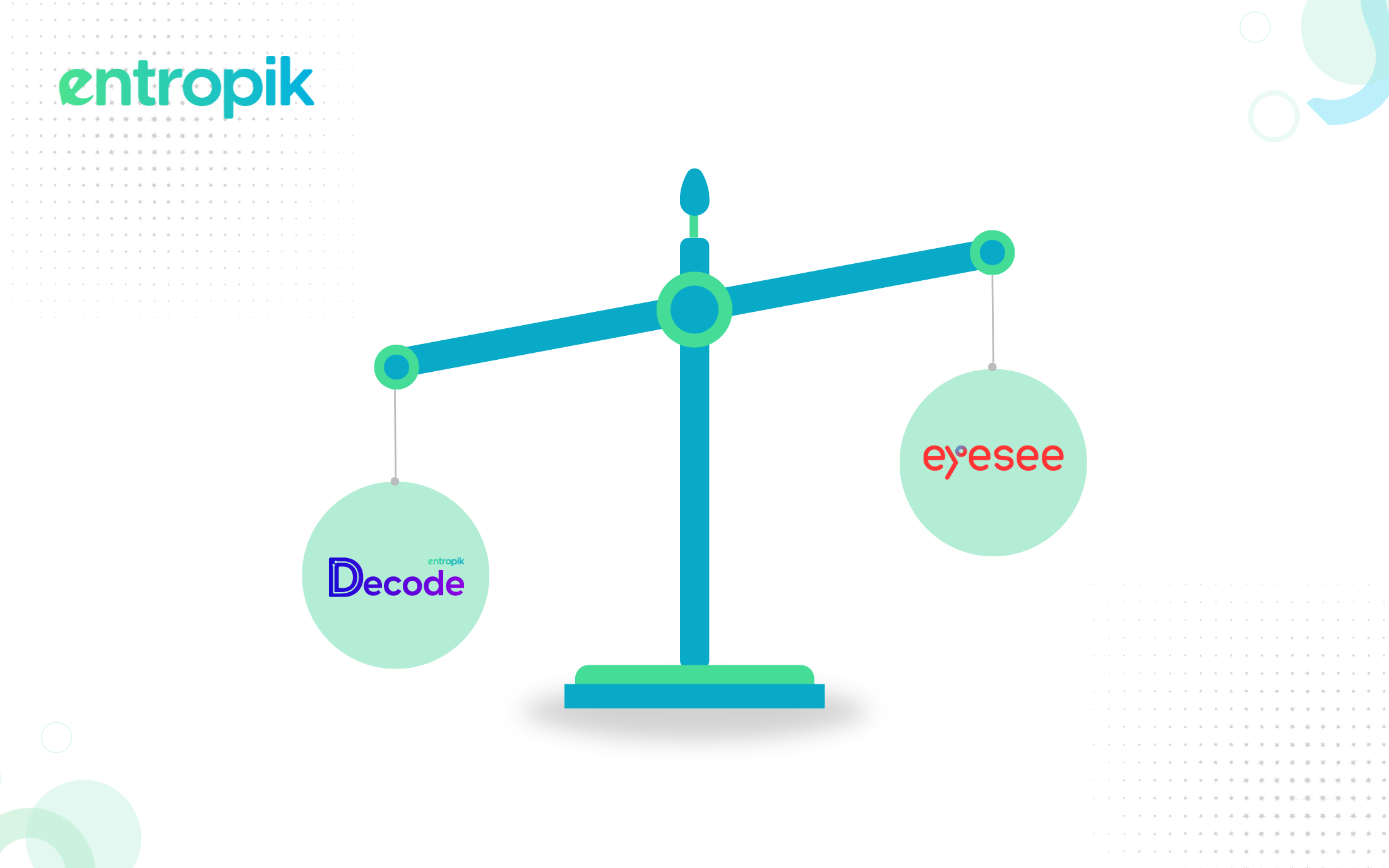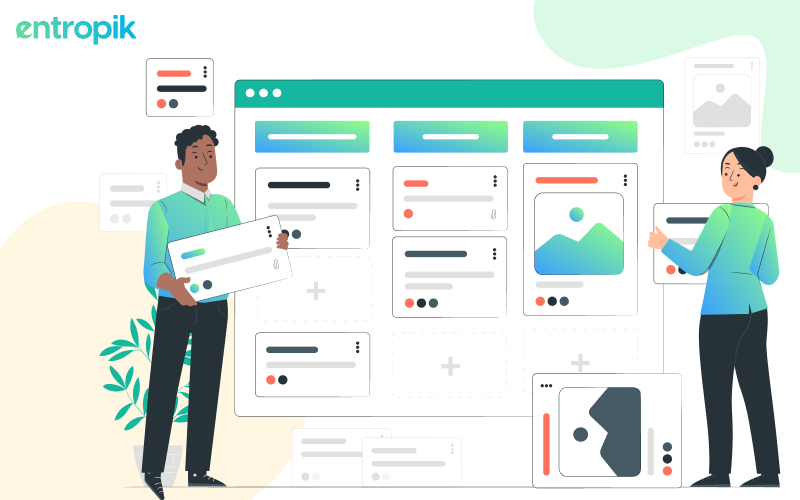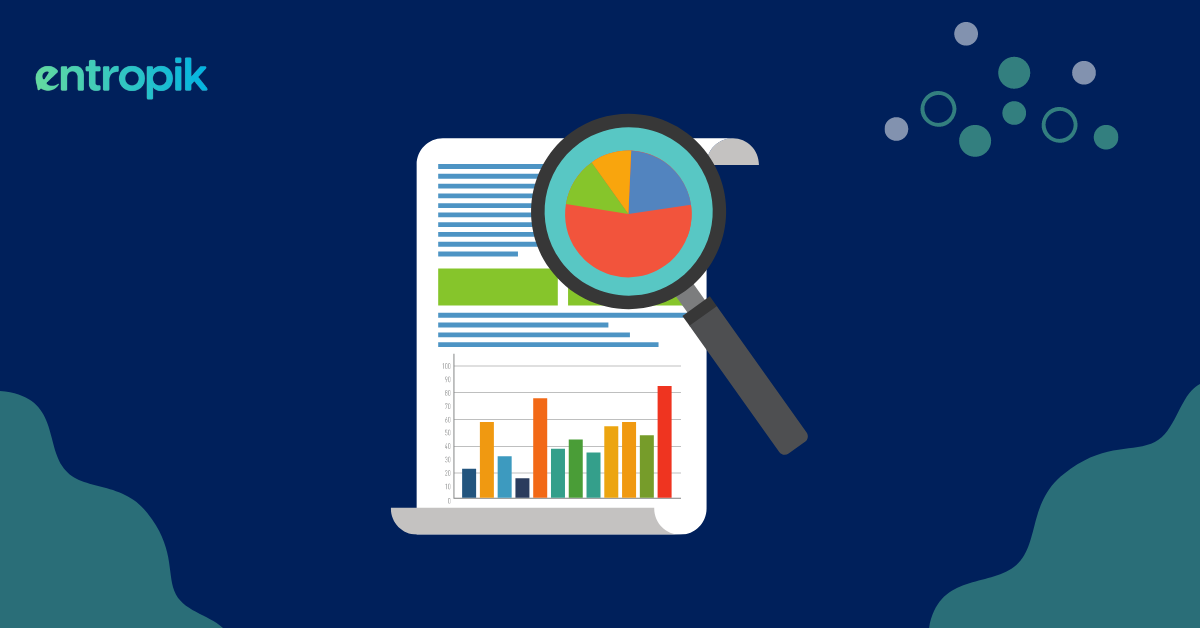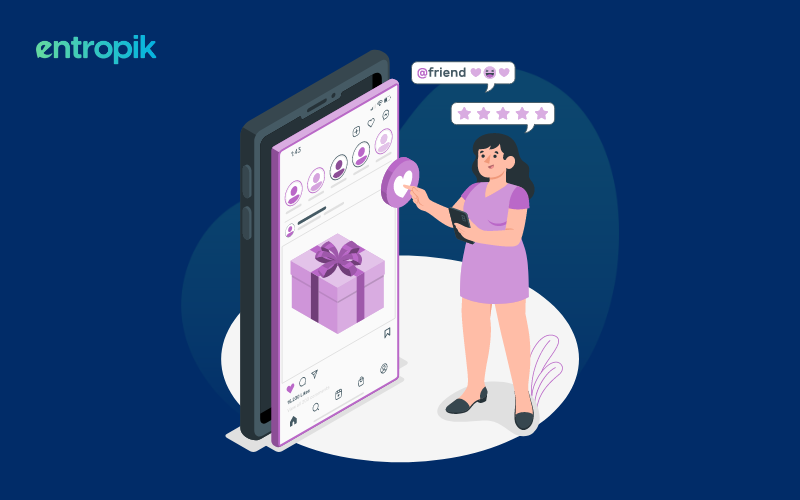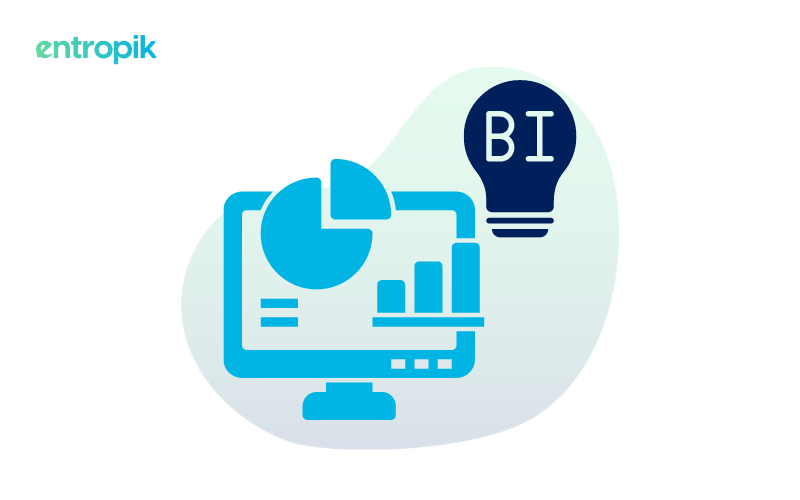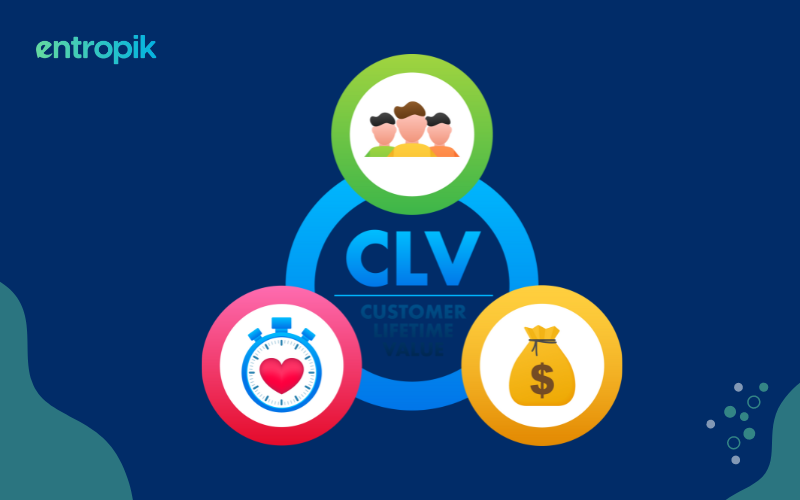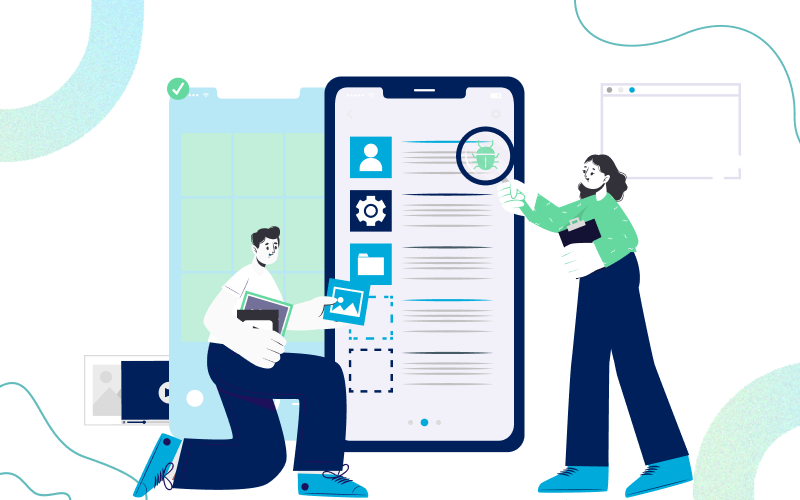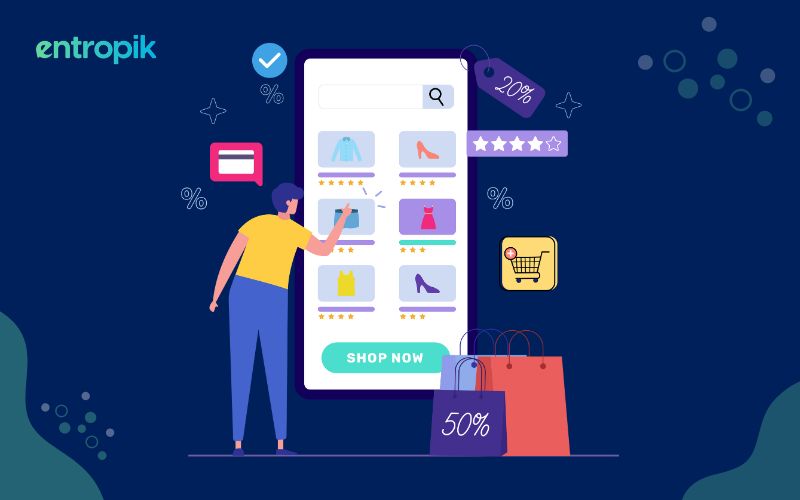In today's digital age, mobile market research has emerged as a powerful tool for gaining valuable consumer insights. With the widespread use of mobile devices, researchers now have the opportunity to tap into a larger and more diverse participant pool, gather real-time data, and engage with participants on their terms. The benefits of conducting mobile market research are extensive, but it is crucial to keep certain tips in mind to maximize the effectiveness of your mobile research efforts. In this article, we will explore the benefits of mobile market research and provide practical tips for conducting successful studies tailored to the realm of consumer research.
What is mobile market research?
Mobile market research refers to the use of mobile devices, such as smartphones and tablets, as a platform for conducting market research activities. It leverages the widespread usage and capabilities of mobile technology to gather consumer insights, collect data, and conduct surveys or studies.
The use of mobile market research has been growing rapidly due to the increasing ubiquity of mobile devices and the convenience they offer. Researchers and businesses can take advantage of mobile market research to gain a deeper understanding of their target audience, conduct research in real-world contexts, and make data-driven decisions that align with the evolving consumer landscape.
What are the benefits of conducting mobile market research?
Access to a larger and more diverse participant pool
Mobile devices have become ubiquitous, allowing researchers to reach a larger and more diverse audience. This means you can gather insights from different demographics, geographical locations, and socioeconomic backgrounds, providing a broader representation of your target market.
Real-time data collection
Mobile market research allows for real-time data collection, enabling researchers to capture insights as they happen. Participants can provide feedback, opinions, or complete surveys instantly using their mobile devices, eliminating delays associated with traditional methods like paper surveys or face-to-face interviews. For instance, a fashion retailer can conduct a real-time mobile survey during a fashion show to gather immediate feedback on runway designs, ensuring timely and relevant data for decision-making.
Convenience and flexibility for participants
Mobile research offers convenience to participants as they can engage in surveys or studies at their own convenience. They can respond to surveys anytime, anywhere, making it easier for them to participate and increasing the likelihood of higher response rates. Mobile research also accommodates participants' busy schedules and provides flexibility in completing tasks. For instance, a consumer electronics company conducting mobile research can leverage GPS data to understand the locations where consumers interact with their products, helping them tailor marketing strategies to specific regions or target local preferences.
Enhanced data accuracy
Mobile devices often come equipped with features like GPS, cameras, and sensors that can provide more accurate and contextual data. Researchers can leverage these features to capture location-based information, multimedia responses, or track participant behaviors, resulting in richer and more precise data.
Improved engagement and interactivity
Mobile market research leverages the interactive capabilities of mobile devices, such as touchscreens and multimedia support. Researchers can incorporate engaging elements like videos, images, and interactive question formats, making the research experience more enjoyable and interactive for participants. This can lead to higher participant engagement and better-quality responses. For example, a cosmetics brand can include interactive product demos or virtual makeup try-ons in their mobile research study, allowing participants to engage with the brand and provide feedback on their preferences in a more interactive way.
Cost-effectiveness
Mobile research can be more cost-effective compared to traditional methods. It eliminates the need for printing and distributing paper surveys, hiring interviewers, or renting physical research facilities. With mobile devices, researchers can conduct studies remotely, reducing logistical costs and potentially reaching a larger sample size within a given budget. For instance, a fast-food chain can use mobile surveys to collect feedback on customer satisfaction, saving costs on printing and manually entering survey data into a system.
Rich data collection methods
Mobile devices support various data collection methods beyond surveys, such as passive data collection, mobile diaries, and in-app tracking. These methods provide researchers with in-depth insights into consumer behaviors, preferences, and usage patterns, offering a more holistic understanding of the target market.
Faster data analysis
Mobile market research often involves digital data collection, which can be automatically stored and processed. Researchers can use data analysis tools and software to quickly analyze and derive insights from the collected data, reducing the time and effort required for manual data entry and analysis.
Tips to keep in mind while conducting mobile market research
Make the surveys mobile-friendly
Design surveys that are optimized for mobile devices, ensuring they are visually appealing, easy to navigate, and responsive to different screen sizes. Keep the questions concise and precise, and use mobile-friendly response formats like checkboxes or sliders.
Read more: How to Conduct a Survey For Actionable Consumer Insights
Keep it short and engaging
Mobile users have limited attention spans, so keep the surveys or research activities short and engaging. Break down longer surveys into smaller, more manageable sections to maintain participant interest and reduce abandonment.
Include multimedia content
Mobile devices support various multimedia formats, so consider integrating visual and audio elements into your research activities. This can include image-based questions, video feedback, or audio recordings to capture rich and detailed insights.
Conduct usability testing on mobile devices
Conduct usability testing specifically on mobile devices to evaluate the user experience of your mobile app or website. Test navigation, responsiveness, and overall usability to identify areas for improvement.
Consider data security and privacy
Respect mobile users' privacy and ensure data security throughout the research process. Obtain informed consent, anonymize data, and adhere to relevant data protection regulations to build trust with participants.
Make sure to test across multiple devices
Ensure your research activities are compatible with various mobile devices and operating systems. Test on different devices, screen sizes, and platforms to ensure a consistent user experience across the mobile landscape.
Focus on continuous testing
Mobile market research should be an ongoing process rather than a one-time event. Regularly collect data, monitor trends, and gather feedback to stay updated with evolving consumer behaviors and preferences in the mobile space.
Conducting mobile market research with Decode
Mobile market research has revolutionized the way businesses can gather insights about their consumers. By leveraging the benefits it offers, researchers can unlock a wealth of valuable information that can shape strategic decisions and drive business growth.
Decode allows you to conduct qualitative and quantitative market research with ease on mobile devices. Decode is an integrated DIY consumer research platform which uses patented technologies such as Eye Tracking, Facial Coding, and Voice AI to get real-time insights into customer feedback and insights. With Decode, you can gain deeper insights into consumer behaviors, preferences, and usage patterns, enabling you to make informed decisions that resonate with your target audience and drive your business forward in the dynamic mobile landscape.
{{cta-button}}


.png)











.jpg)








